Unsettling Sessions
2020 / May / reading & memorizing / sessions for Unsettling Rietveld Sandberg / click the image or the title for the article
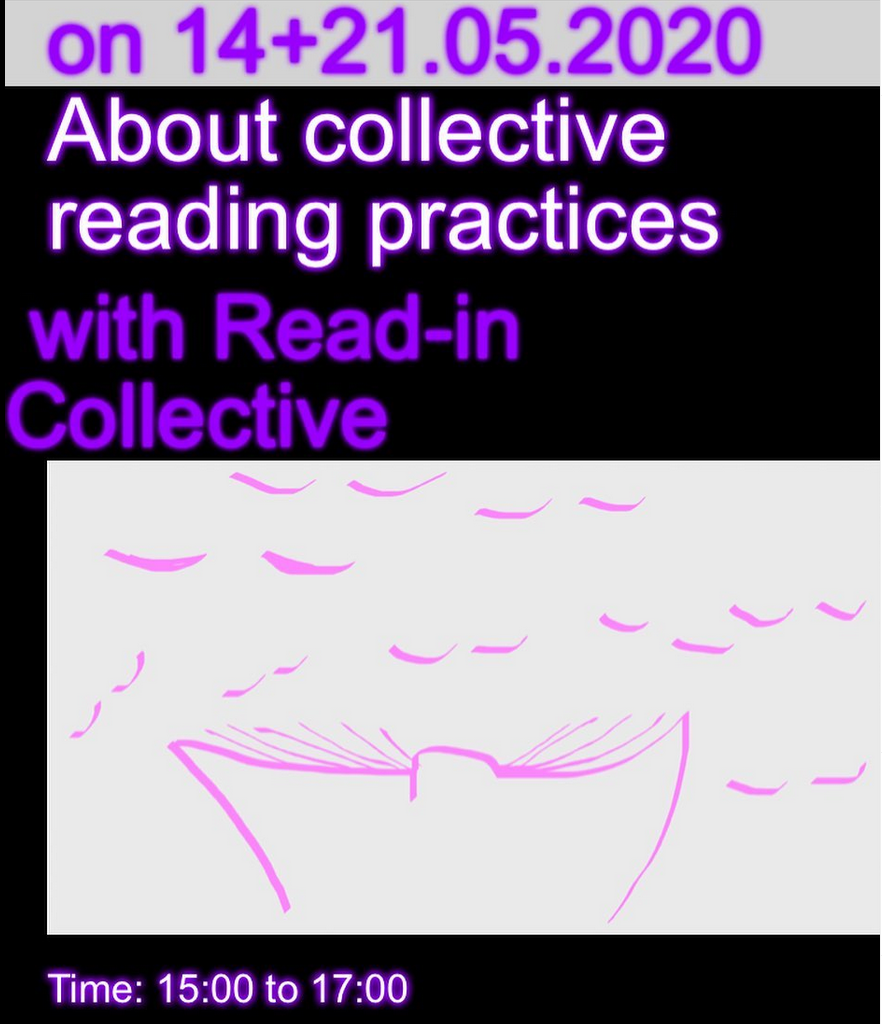
references
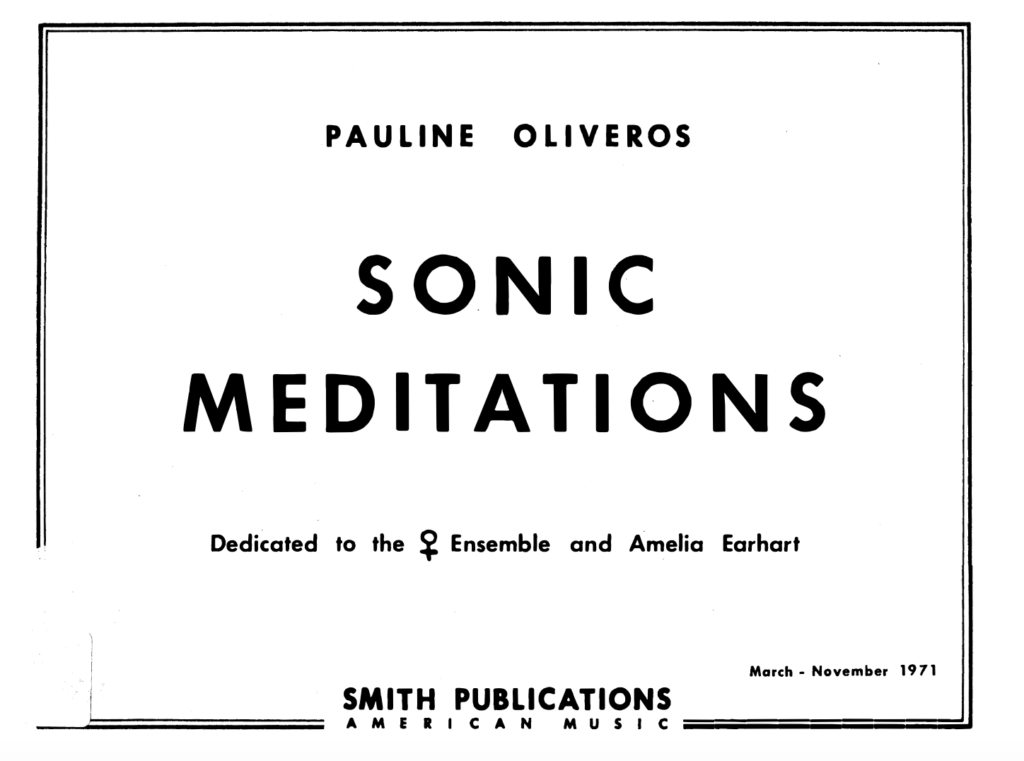
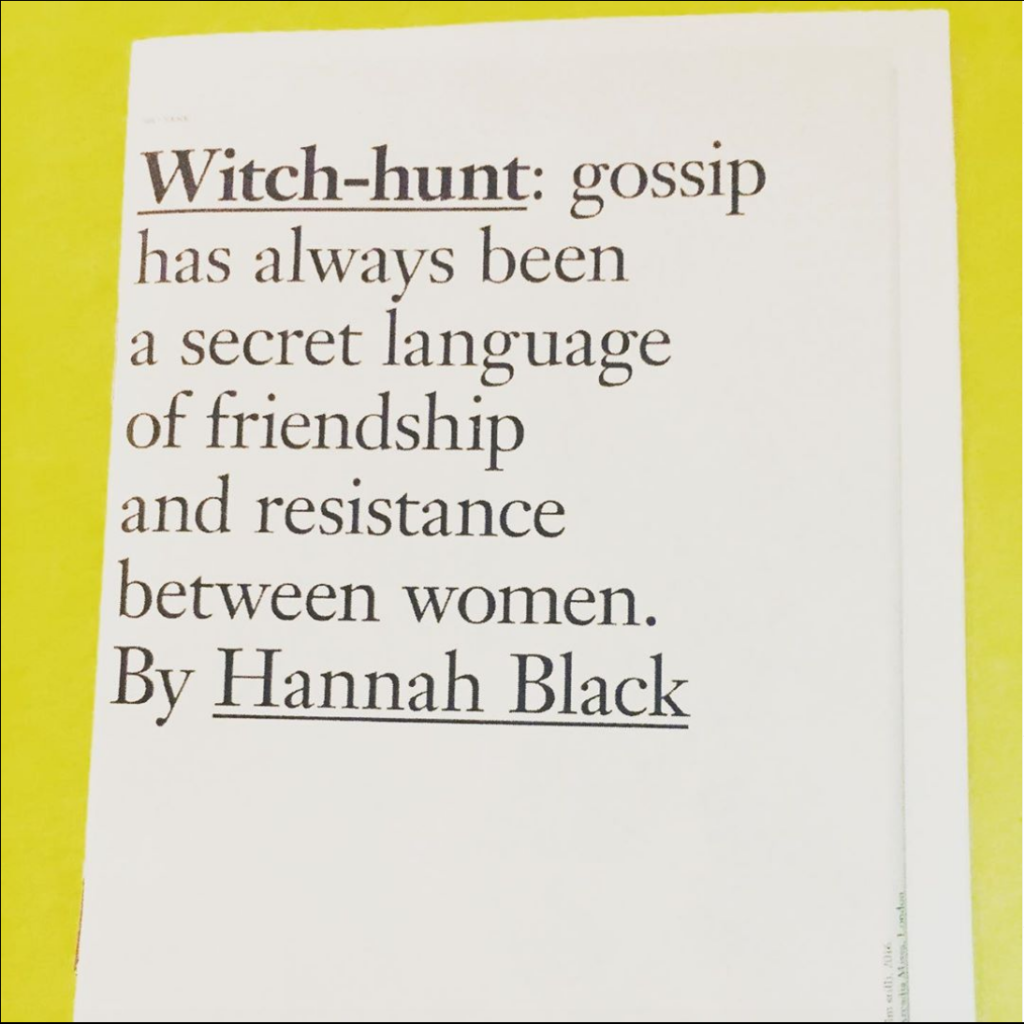
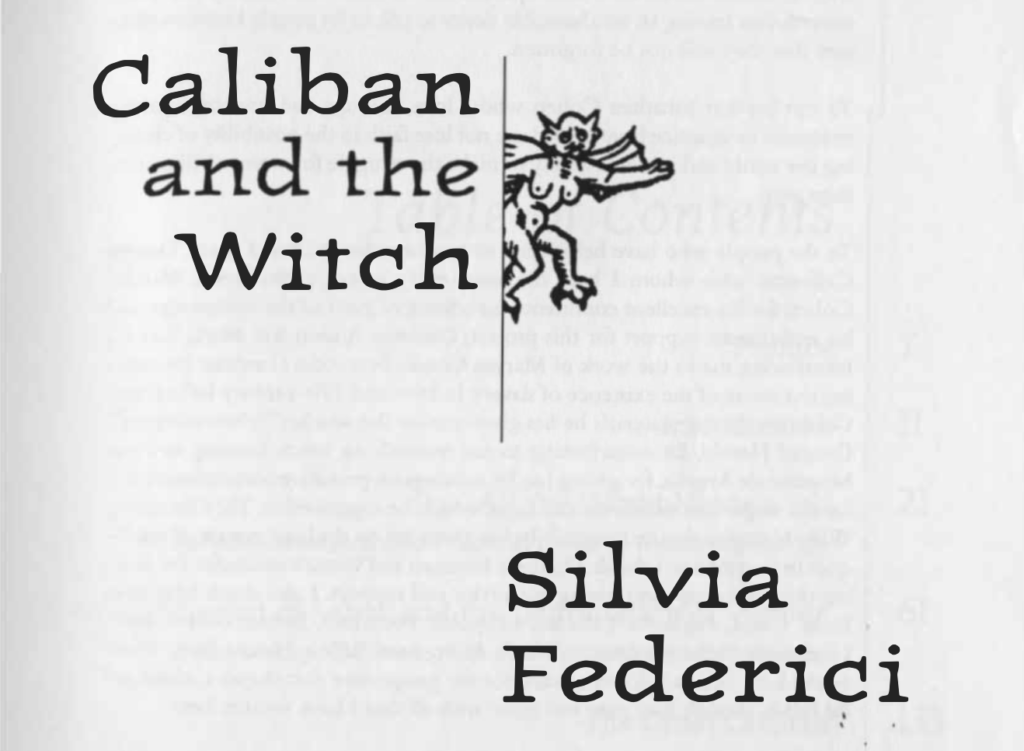
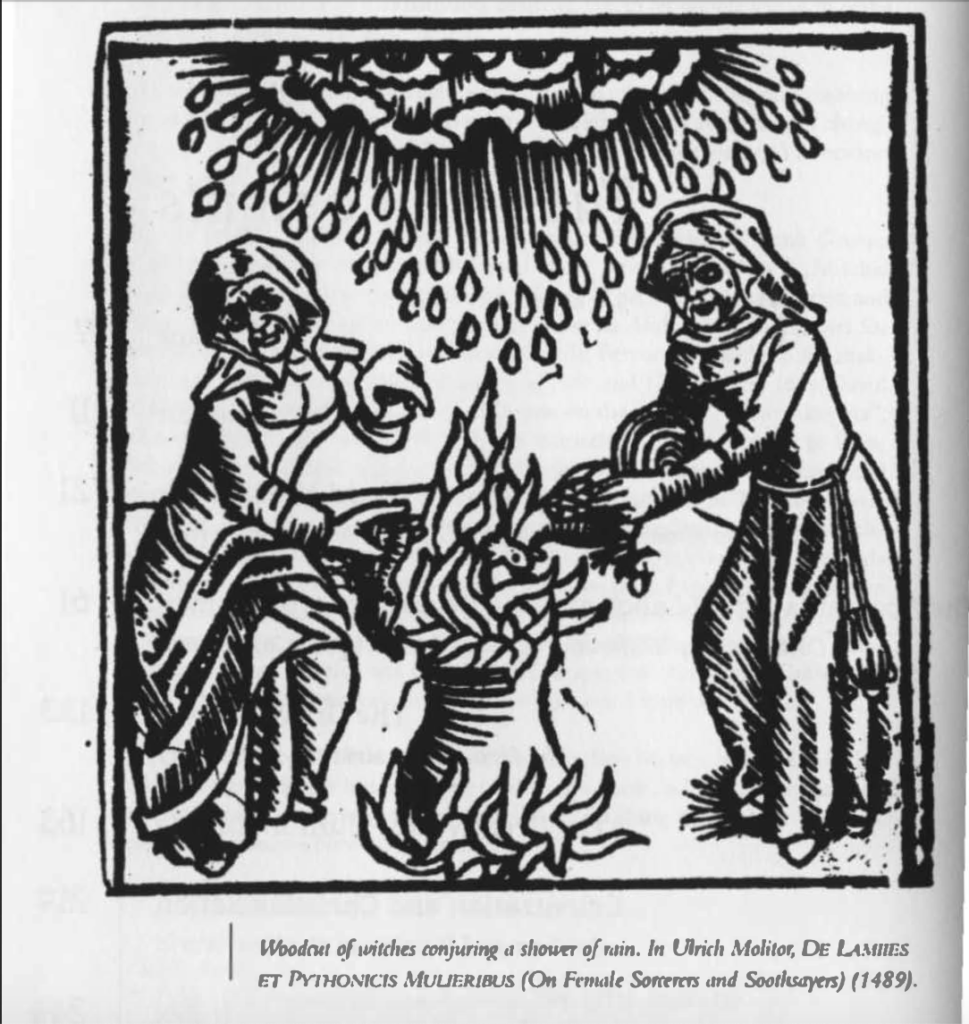
Mama’s Baby, Papa’s Maybe, Hortense J. Spillers (1987)
Wayward Lives, Beautiful Experiments, Saidiya Hartman (2019)
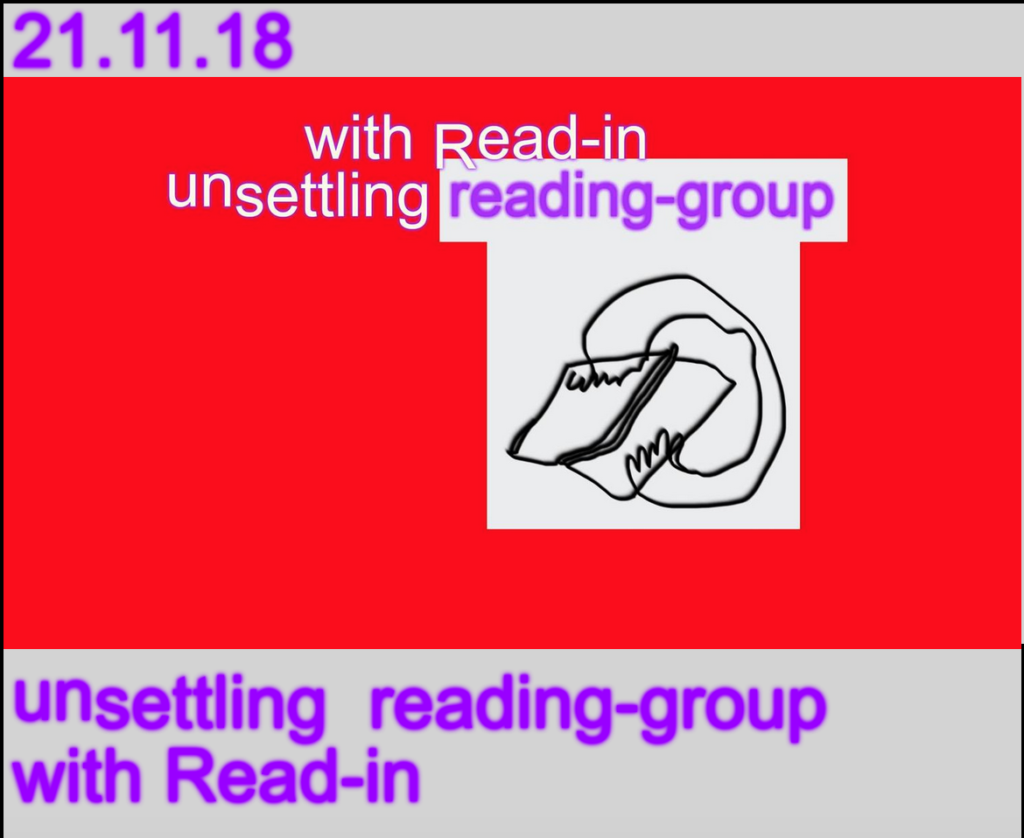
2018 / November / reading between the policy lines / session for at Unsettling Rietveld / Sandberg
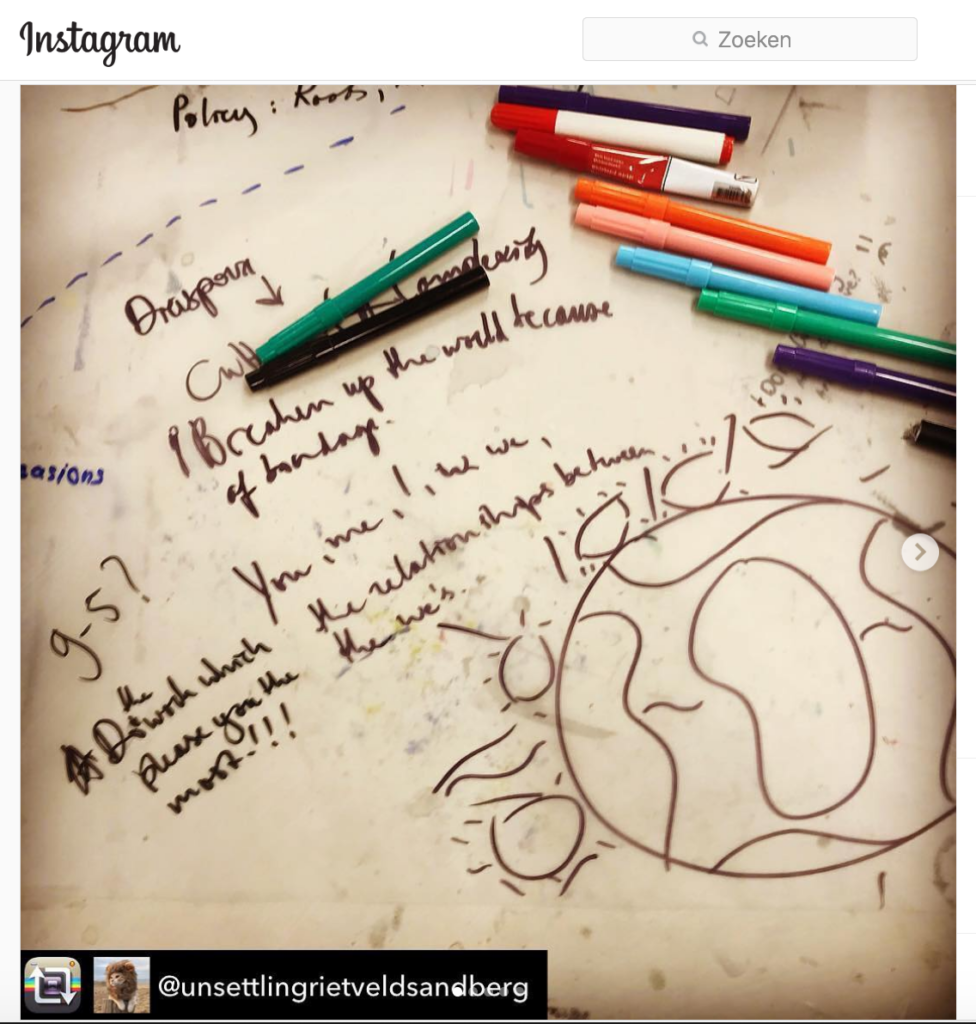
caption copy
some of the questions raised in the last meeting of Unsettling Reading Group with Read-in Collective:
How to include many voices and experiences while crafting a policy? Which models and methods are we learning from as we make institutional change happen? What are the relationships between the we’s?
quotes / punctuations
That’s the bruise the ice in the heart was meant to ice.
from Citizen, Claudia Rankine (pg 156: 2014)
To arrive like this every day for it to be like this to have so many memories and no other memory than these for as long as they can be remembered to remember this.
Though a share of all remembering, a measure of all memory,
is breath and to breathe you have to create a truce
–a truce with the patience of a stethoscope.
………………………………………………………..
Privilege is not just about privilege, it’s about power. We are asking you to check your power, to give up your power: the question is how to build power for people in the margins.
from speech by Patrisse Cullors, founder of #blacklivesmatter (2016, Amsterdam)
………………………………………………………..
[EN] For centuries, colonized peoples with their intellectual leaders have analyzed racism: nature, origin, development. A tradition has been built up of analyzes based on dissecting mechanisms of institutional racism in which concepts such as injustice, oppression and exploitation are paramount and originate from colonialism and slavery. If you are in that tradition, then you know that racism is about humiliation, exploitation, oppression of people of color. You analyze those mechanisms and institutions of injustice.
uit White Privilege oftewel de onzin van het veranderen van onrecht in voorrecht, Sandew Hira (2016)
White privilege turns the case upside down. Our concern is no longer the oppressed person. Our concern is the inconvenience and innocence of the oppressors! We no longer fight against injustice. We must fight against privilege. How crooked do you want it to be?
[NL] Eeuwenlang hebben gekoloniseerde volkeren met hun intellectuele leiders analyses gemaakt van racisme: aard, ontstaan, ontwikkeling. Er is een traditie opgebouwd van analyses die gebaseerd zijn op het ontleden van mechanismen van institutioneel racisme waarbij begrippen als onrecht, onderdrukking en uitbuiting voorop staan en hun oorsprong vinden in kolonialisme en slavernij. Als je in die traditie zit, dan weet je dat racisme gaat om vernedering, uitbuiting, onderdrukking van mensen van kleur. Je analyseert die mechanismen en instituties van onrecht.
White privilege zet de zaak op zijn kop. Onze zorg is niet meer de onderdrukte mens. Onze zorg is het ongemak en de onschuld van de onderdrukkers! We strijden niet meer tegen onrecht. We moeten gaan strijden tegen voorrecht. Hoe krom wil je het hebben?
references
White Fragility, Robin DiAngelo (2011)